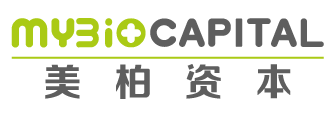Author: HE Sheng
Recently, the Hurun Research Institute released their list of “Hurun’s 2020 Top Chinese 500 Private Enterprises”, ranked according to the companies’ market value or valuation. The market value of listed companies is calculated based on closing prices on October 15, 2020, and the valuation of non-listed companies is estimated with reference to listed companies in the same industry. This is the second time that the Hurun Research Institute has released a list of China’s top 500 private enterprises.
The total value of this year’s top 500 Chinese private enterprises on the list increased by RMB 20 trillion from last year, reaching RMB 56 trillion, of which the total value of the listed companies in the healthcare industry is close to RMB 6 trillion.
The healthcare industry in China has grown significantly this year, becoming the industry with the largest number of top 500 companies. The total number of healthcare companies on the list increased by 27 compared with last year, reaching 93 total and accounting for 18% of the list. These healthcare companies are mainly the fields of pharmaceuticals and medical equipment. Entrepreneurs that own two or more companies on this list are Li Ge and Zhu Baoguo.
Li Ge manages WuXi AppTec and WuXi Biologics. The two companies are ranked at 30 and 35 on the list, respectively.

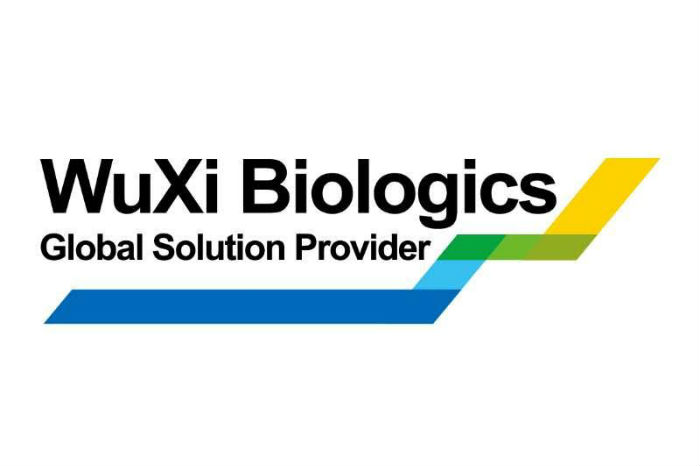
Recently, WuXi Biologics established a strategic partnership with Tubulis, a protein-drug conjugate developer headquartered in Munich, Germany. The goal of the partnership is to jointly accelerate the development of Tubulis’ new generation of antibody conjugate drugs (ADC) until the application for clinical trials (IND) of new drugs.
Zhu Baoguo manages Livzon Group and Joincare Pharmaceutical Group. They are ranked 260 and 324, respectively.
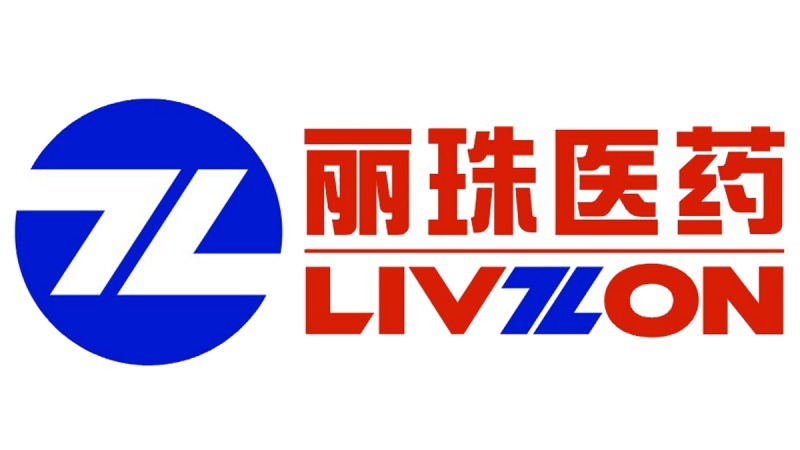
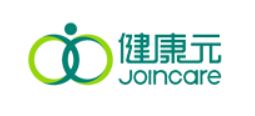
With a value of RMB 42.5 billion in 2020, Livzon Group entered the top 500 list this year. In the first half of 2020, Livzon reagent research and development made important progress. A series of products have been approved for marketing: interleukin IL-6 assay kit (chemiluminescence method), HBV nucleic acid detection reagent, HCV nucleic acid detection reagent, HBV nucleic acid detection reagent (one step method), 60-speed single chemiluminescence analyzer, myositis 5-item autoantibody detection kit (magnetic barcode immunofluorescence method), vasculitis 3-item autoantibody detection kit (magnetic barcode immunofluorescence method), anti-nuclear antibody detection kits.
In terms of value increase, TopAlliance Bio’s value increased by 297%, the largest increase. TopAlliance Bio was worth RMB 71.5 billion in 2020, ranking 147, while last year it ranked 263. On July 15, TopAlliance Bio landed on the Sci-tech Innovation Board and raised nearly RMB 4.5 billion in net funds. It is also a biopharmaceutical company listed on the Hong Kong Stock Exchange. This financing scale also exceeded the company’s HKD 2.9 billion financing scale when it was listed on the Hong Kong stock market at the end of 2018.
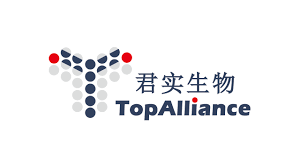
Next is Zai Lab, which is currently valued at RMB 53 billion and ranks 199. It has risen by 244 places and increased by 231% in value. Zai Lab is one of the top ten pharmaceutical companies in China that is well-known internationally. An important reason is Ms. Du Ying, the CEO of Zai Lab. She is a well-known entrepreneur and the so-called godmother of China’s Biotech industry. Recently, Zai Lab appointed Dr. Alan Sandler as president and head of global development in the oncology field. Before joining Zai Lab, Dr. Sandler was the senior vice president of Genentech and the global head of oncology product development. The most recent product was the PD-L1 drug Tecentriq (Taishengqi).

In the pharmaceutical field, Hengrui Medicine ranks first with a value of RMB 494 billion. It is also the first in the entire healthcare industry and 14th in the entire list. As a typical representative of the Chinese pharmaceutical field, Hengrui Medicine has invested about 17% of its sales in recent years. In the first three quarters of 2020, it invested RMB 3.34 billion in research and development, accounting for 17.2% of sales revenue. It is followed by WuXi AppTec, Zhifei Biological, WuXi Biological. All companies are worth more than RMB 200 billion.
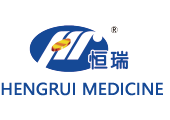
With a valuation of RMB 186 billion, BeiGene is a rising star in China’s innovative pharmaceutical industry. It is ranked 54th in the 2020 Top 500 list and 6th in the health industry. BeiGene has the largest equity financing record in the field of biotechnology. At the beginning of this year, BeiGene received an investment of approximately US$2.8 billion from Amgen.
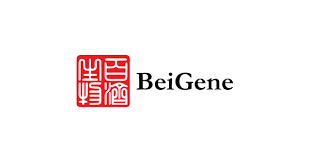
In addition, the value of Pharmaron Beijing, Asymchem Laboratories and other companies increased significantly. Pharmaron, currently valued at RMB 86 billion, has risen 71 places to 118. Asymchem is valued at RMB 69 billion and is now ranked 153.


Against the background of the coronavirus epidemic, vaccine companies represented by Zhifei Biological, BioKangtai, Hualan Bio, Walvax Biotechnology, and others have developed by leaps and bounds.
Zhifei Biological is currently valued at RMB 250 billion, an increase of 252%. 74% of Zhifei Bio’s revenue comes from Merck’s HPV vaccine. In 2018, the domestic cervical cancer vaccine penetration rate was only 1%, and the market share of the nine-valent vaccine in the first half of this year quickly increased to 26%. The company’s self-developed freeze-dried triple vaccine will soon be declared for production and is expected to be officially approved for marketing in 2020.

BioKangtai, currently valued at RMB 123 billion, ranks 80. It has risen 55 places with a value increase of 151%.
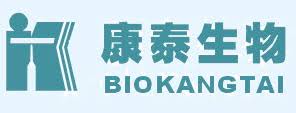
Hualan Bio, currently valued at RMB 122 billion, ranks 81. It is up 62 places with a value increase of 160%. As a leading company in blood treatments and biological products, Hualan’s stock price has risen 94 times and its net profit has risen 36 times.

Walvax Biotechnology, currently valued at RMB 89 billion, ranks 115. It is up 32 places with a value increase of 91%. After obtaining the registration approval for the PCV13 vaccine this year, Walvax has become one of the few companies that market this vaccine in China.
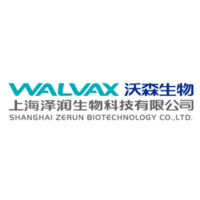
CanSino Biologics, ranked 165, made the list for the first time at a value of RMB 63.5 billion. The recombinant COVID-19 vaccine (adenovirus vector), developed by a team at the Academy of Military Sciences, is currently undergoing Phase III clinical trials in Russia, Pakistan, Mexico and other countries. CanSino’s coronavirus vaccine is stable at 2 to 8 degrees Celsius, making it convenient to use. Although the two mRNA COVID-19 vaccines of BioNTech/Pfizer and Moderna have disclosed good efficiency data, they have strict temperature limits on cold storage requirements. The former needs to be stored at -70 degrees Celsius, and the latter requires slightly lower requirements at -20 degrees Celsius.

In the field of medical devices, Mindray ranked first with a market value of RMB 452 billion. It was ranked 16th in the top 500. Mindray, as one of the top three listed companies in the Chinese medical industry by market value, has always attracted industry attention.
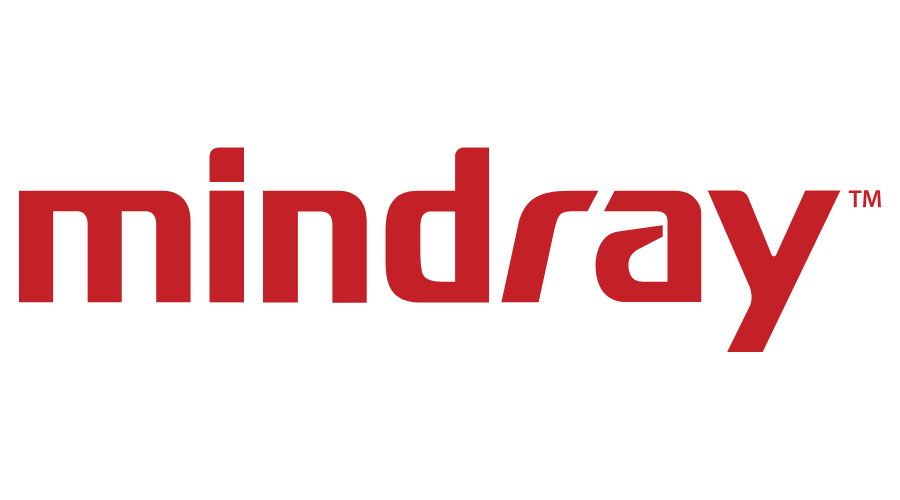
Furthermore, Wantai Biological and Gan & Lee Pharmaceuticals entered the list for the first time. The chairman of Wantai Biological is Zhong Suisuan, who also owns Nongfu Springj, a bottled water company. The value of Nongfu Spring + Wantai Biopharmaceutical is about RMB 440 billion. Wantai Biological is a high-tech enterprise engaged in the development and production of biological diagnostic reagents and vaccines.

Gan & Lee, now worth RMB 74 billion, ranks 143. The company is in a leading position in the Chinese diabetes market in the production and development of biosynthetic human insulin and its analogues.
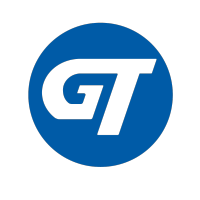
Humanwell has also entered the list for the first time, with a valuation of RMB 50.5 billion and ranking 215. Humanwell’s total operating income in the first three quarters of this year was RMB 16.1 billion. In July, its Class 1 new drug “remazolam besylate” was launched in China to compete with Hengrui’s remazolam tosylate.
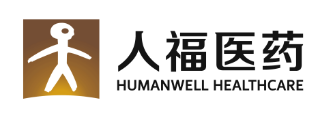
Finally, Zelgen ranks 475 with a valuation of RMB 24 billion. It is believed that with the advent of the first domestically produced deuterated drugs, the value of Zelgen will greatly increase. Its self-developed Class 1 new drug Donafinil Tosylate has already submitted a New Drug Marketing Application (NDA) to the National Medical Products Administration. It is currently awaiting formal acceptance. The indication is inoperable or metastatic hepatocellular carcinoma. In 2008, Donafinil applied for clinical trials in China, and it has been more than 10 years since it has been on the market.

